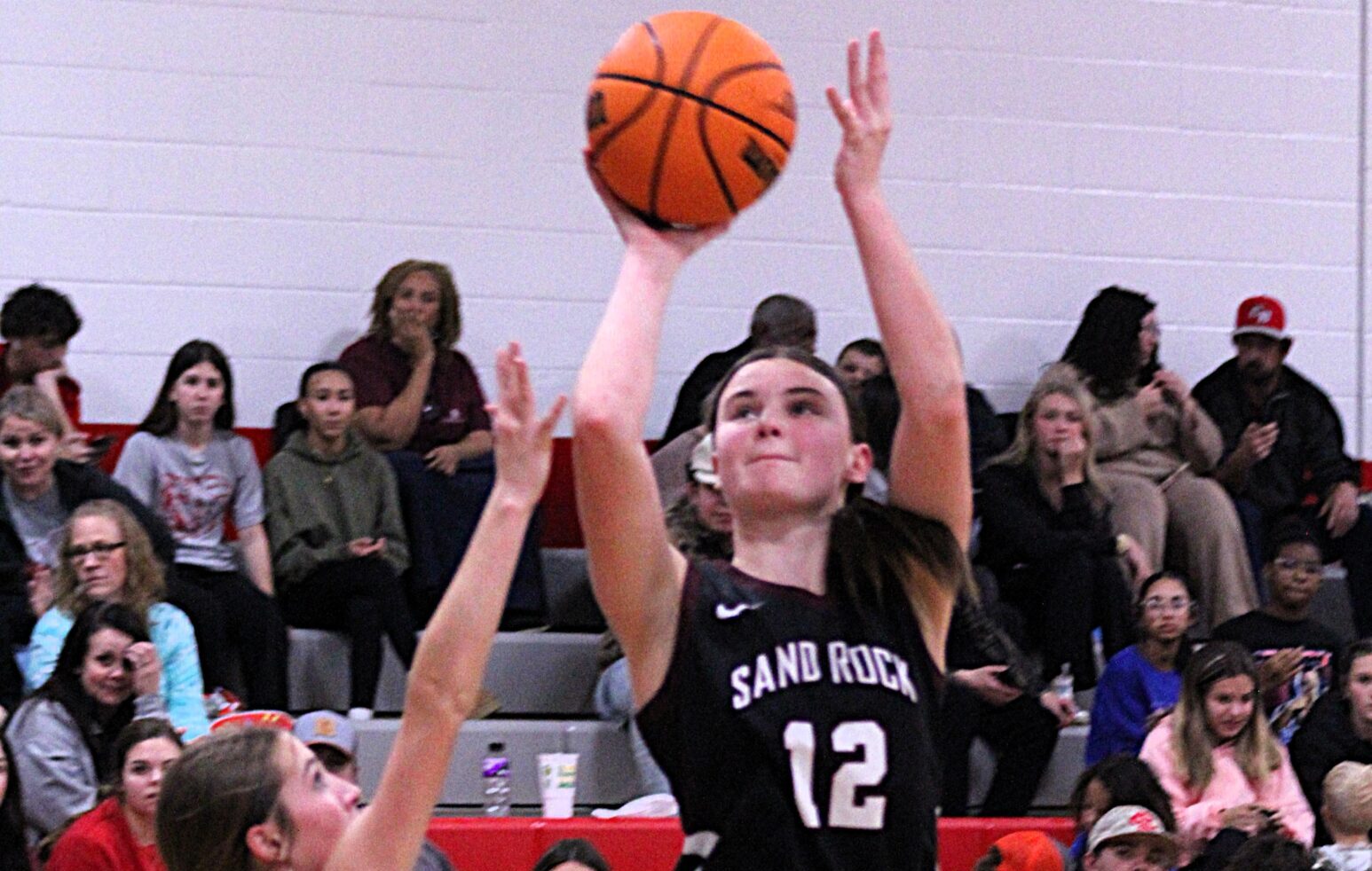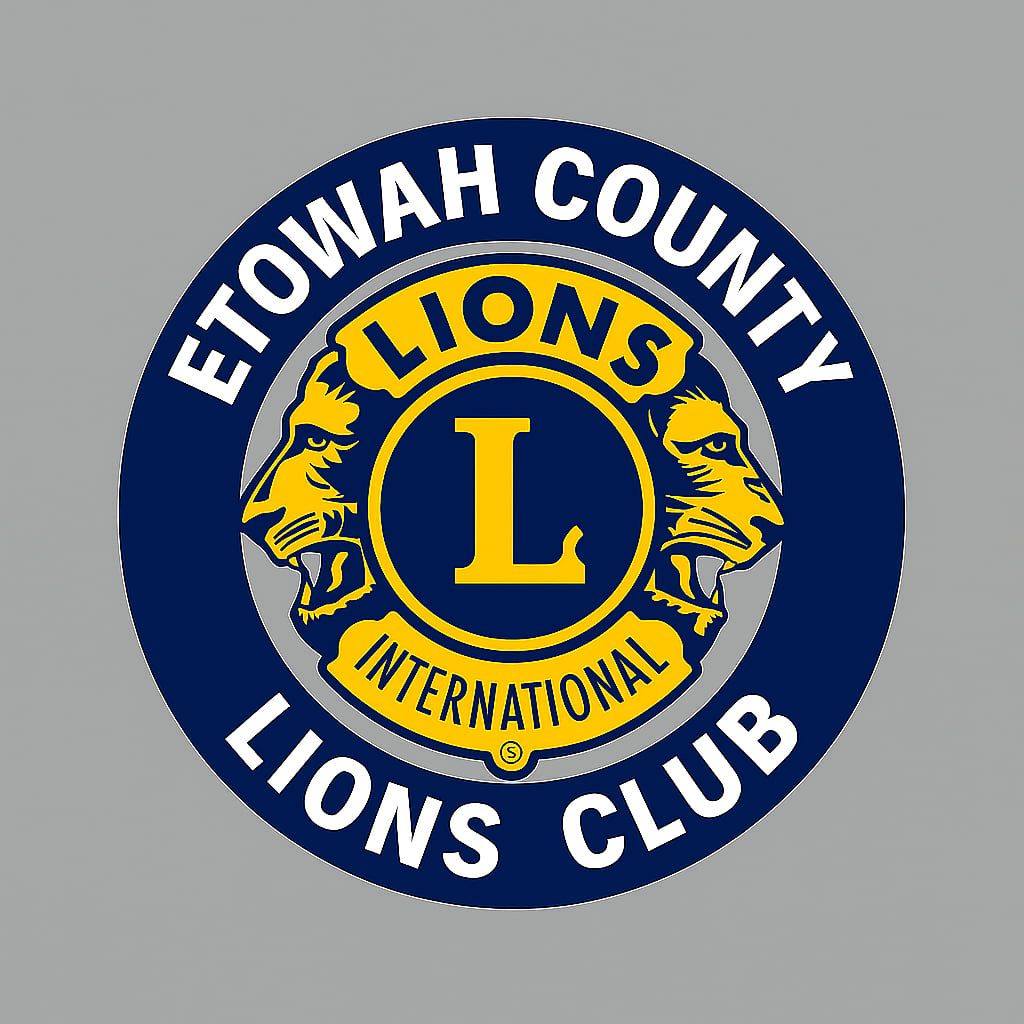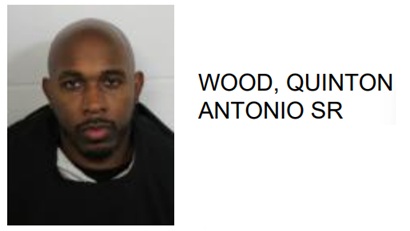
This September, WEIS Radio will be celebrating its 60th year of broadcasting. It will also be the station’s 38th year of broadcasting football games.
As part of the station’s diamond anniversary celebration, Sports Director Shannon Fagan will have a series of Q&A features on some of the personalities who have called sporting events around the station’s coverage area in years past.
This week’s installment of “Behind the Mic” is with Shane McElwee.
Q: How special is it for you to have been a part of WEIS’s 60-year broadcast history?
A: “They’ve been such a staple in Cherokee County and Northeast Alabama. Growing up, my mom always listened to the station. I remember my grandparents on Sunday mornings they were always tuned into WEIS, listening to the gospel music and all the other programming. It is special because it’s been a part of my life forever, ever since I was a kid. That’s what makes it special to me.”
Q: What piqued your interest in sports broadcasting? Any influences?
A: “Growing up, you didn’t have TV. Games weren’t so readily available on TV. You had to depend on the radio broadcasts. The TV part, you had Keith Jackson on Saturdays. He was always big, but you listened to the Alabama broadcasts. You were lucky if you got to see them two or three times a year. The John Forneys and the Paul Kennedys after that, Doug Layton was always the color guy. I listened to a lot of the Jacksonville State games, and Mike (Parris) has been doing it forever. It always seemed like he was a guy who loved that team and loved doing it. All of those guys were big influences on me.
“I remember being a little kid and 100.5 was WHMA back then with Malcolm Street. It always seemed like they had a game and they had their scoreboard show afterward. Being a part of radio is what’s special for me because I listened to a lot more games growing up than I actually got to watch.”
Q: How was it that you came to WEIS?
A: “It was Kurt (Duryea) to begin with. Some of those Thursday nights on The End Zone Show, Nolen (Sanford) couldn’t be there, so Kurt asked me if I could help him out whenever Nolen was there. I kind of got started doing it that way. That next year when Kurt left the radio station, I think Nolen and Jerry both got in touch with me and asked me if I would be interested in being a part of their Friday night broadcasts and doing The End Zone Show on Thursdays. At that time, I was actually doing PA (public address) for Piedmont. I had spent six or seven years doing PA for them. Whenever Steve (Smith) first got there, I became their PA guy. I moved in from there doing the Friday night games with Nolen and The End Zone Show. That’s kind of how it all happened.”
Q: What’s it been like for you to work with someone as innovative as Jerry Baker?
A: “I hope people over there (in Cherokee County) understand what a special person they have in Jerry. He really loves that community. He’s done a wonderful job at that radio station. Being on the cutting edge for that small of an area, and when he bought the radio station, from it has been to where it is now, it’s pretty amazing. For me, he was an easy guy to work with. If you needed anything, just let him know. If it was feasible, he would get it done. If it was a piece of new equipment, he made sure you had it. If there was something wrong with the equipment, he made sure it was fixed.
“Doing The End Zone Show, after that first year, Nolen didn’t do it anymore. I was there doing it with him, but he was in a situation where he couldn’t do it anymore. I don’t think Jerry blinked an eye turning it over to me. He just let me run with it and do it however I wanted to do it. He just stayed out of the way. He was great to work for. Jerry actually makes you feel like you’re not working for him, he’s working with you. That’s big for a boss to be that way.”
Q: You paired with Kurt Duryea and Nolen Sanford during your broadcast years. How did they help you develop your talent?
A: “The biggest thing with Kurt was he had confidence to just put me out there and do it. He would give me pointers here and there, but it wasn’t a lot. He always said ‘You remember more stuff. You’re an encyclopedia of what’s gone on around here in your lifetime.’ He had a tremendous amount of confidence in me.
“Nolen did too. Nolen helped me as far as some of the technical stuff, about coming in and out of breaks, making sure you’re saying the radio station name, making sure you’re signing off saying ‘You’re listening to WEIS’, make sure to mention the sponsors, a lot of little stuff. I loved working with Nolen. We didn’t know each other that well when it started, but we became really good friends. Nolen is somebody I still talk to on a regular basis.”
Q: Any memorable sports broadcasts that come to your mind?
A: “The first one I ever did, we were at Gaylesville and it was Gaylesville and Cedar Bluff opening the season. Gaylesville broke that long losing streak to Cedar Bluff that night (in 2013). I think it was 40-39. It was a real high scoring game. I remember thinking ‘Boy, if they’re all going to be like this, this is really something.’ It went right down to the wire.
“When Cedar Bluff went to Wadley (in the Class 1A state quarterfinals in 2015) and won right at the very end, that was another one. Isiaha Jones caught that touchdown pass to send them to the semifinals. They wound up playing for a state championship two weeks after that, that was huge.
“I remember Sand Rock going to Montgomery Academy (in 2013). We went to Montgomery and there was a controversial play in that game. It was a play that went against Sand Rock. They could’ve very easily won that game.
“We were there when Spring Garden hosted its first ever home playoff game (in 2012 against Shoals Christian). That was big.
“Basketball-wise, I saw some really great county tournaments and invitational tournaments. One that sticks out is when Spring Garden beat Lafayette, Ga. a few years back (2017) in what I would consider a pretty big upset. That was the first ever invitational championship the boys had ever won.
“It was a good run. Of course we had some stinkers along the way, but there a lot more good games than there were bad games.”
Q: You covered some tremendous teams and athletes during your time behind the mic. Who are some of the more memorable ones?
A: “With Piedmont, Taylor Hayes and Austin Brazier, those were special kids. Tyren Dupree at Cherokee County, getting to see him play was special. I mentioned Isiaha Jones at Cedar Bluff. Cole Murphy at Gaylesville was special. We got to see Dylan Mackey at Sand Rock. He was a very good quarterback.
“I think what makes the area so great is the coaches. Coach Jacoway was always so easy to work with. That’s why I loved when he hung it up we were able to get him and talk him into working with us some. Getting to know him better is something I treasure to this day, the relationship I built with him. We got to see the end of Coach (Tripp) Curry’s career at Cherokee County. Jonathan McWhorter, we covered a lot of his games at Cedar Bluff. It’s going to be unusual seeing a game without him on the sideline. Coach (Brian) Knapp is doing some great things at Gaylesville. I think Jason Howard, there’s going to be a day where Spring Garden names that stadium after him. The players and coaches were about as good as you could get. They really were.”
Q: What was it like for you hosting The End Zone Show?
A: “Working with you (Shannon Fagan) and Scott (Wright) and Coach (Russell) Jacoway, it’s like we all became friends through this thing. We all knew each other, but we really became friends through that whole process. We’re still in group texts.
“One of the things I’m most proud of is that End Zone Show. I don’t know how good of a show it was, but I felt like we were four good friends sitting down talking about local high school football. I hope that came across to people who listened. That’s the biggest thing. We knew what directions we wanted to go, but it was a loose format at best. I wanted to make sure I left openings if you had something you wanted to say, if Coach Jacoway had a point he wanted to get across, or if Scott had something he wanted to get across, we followed our format, but I wanted to make sure we left enough time. Honestly, you guys were the stars of the show. You were the guys people wanted to hear talk. I hope it came across that we were four good friends talking football.”
Q: What are you up to these days?
A: “I’m still working for Rome-Floyd Parks and Rec. I’m actually a community coach here in Floyd County for Coosa Middle School and Coosa High School. I help coach middle school football here at Coosa. It looks like Coach (Tommy) Lewis has got me out of retirement and I’ll be back on the sidelines in basketball with him come this winter.”
Q: Any advice for up-and-coming sports broadcasters?
A: “The biggest thing is find you a mentor, find somebody who can give you constructive criticism that you’re willing to take. I think Nolen and I did a pretty good job of giving you the score. When you’re doing a radio broadcast, everybody’s probably not tuning in at 6:30 for the pregame show and sticking with you all the way through. They may be in and out doing other things, so make sure you give that score as often as you possibly can, so people who are tuning in and out can pick it up. That’s big for me.”




